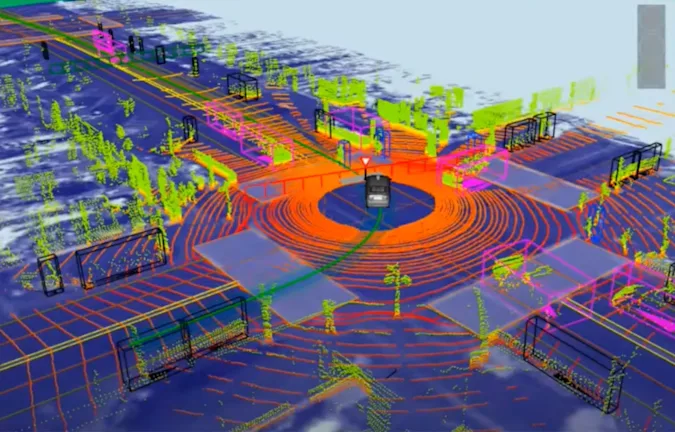Tesla has sued a former employee who it is accusing of stealing trade secrets related to its supercomputer project, Bloomberg reported on Friday. According to a filing in the U.S. District Court in San Jose, thermal engineer Alexander Yatskov quit on May 2 after having joined the company only a few months earlier, in January. According to Tesla, Yatskov admitted to transferring confidential information to his personal devices and later handing over a “dummy” laptop after company officials confronted him on suspicion of theft.
In addition to breaching a non-disclosure agreement intended to protect trade secrets, Bloomberg reports that Tesla is also accusing Yatskov of misrepresenting his experience and skills on his resume. Bloomberg also says that Yatskov declined to comment.
“This is a case about illicit retention of trade secrets by an employee who, in his short time at Tesla, already demonstrated a track record of lying and then lying again by providing a ‘dummy’ device to try and cover his tracks,” Tesla wrote in the filing, reports Bloomberg.
CEO Elon Musk has been teasing Tesla’s supercomputer project, called “Dojo,” since at least 2019. Last summer, the company finally explained the project in more detail, laying out a goal of using AI to analyze massive amounts of vehicle data, ideally resulting in a safer, more refined autonomous driving experience. The computer, which offers 1.8 exaflops of performance and 10 petabytes of NVME storage running at 1.6 terabytes per second, trains itself using video from eight cameras inside Tesla vehicles running at 36 frames per second.
Tesla claimed last year that although this approach generates a tremendous amount of data, it is still more scalable than building high-definition maps around the world. At the time, Tesla indicated that the system was most successful in sparsely populated areas where cars could mostly drive uninterrupted. Even so, the company also touted some early successes in denser areas, including Dojo’s ability to learn new types of traffic warnings, pedestrian collision detection and pedal misapplications (accidentally hitting the gas instead of the brakes).
All products recommended by Engadget are selected by our editorial team, independent of our parent company. Some of our stories include affiliate links. If you buy something through one of these links, we may earn an affiliate commission.
Credit: Source link


Comments are closed.